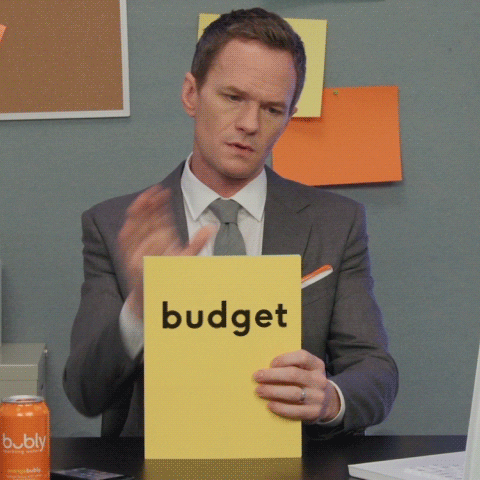Financial literacy among university students
Picture this: You hit the ‘snooze’ button for the nth time on that alarm for an 8:30 a.m. class. Looking up the time on your phone, you realize you have missed the shuttle and will have to hustle to get to class in time. You yield to the ticking clock and instead of waiting for the next shuttle, you get an Uber, your fourth of the week. Once on campus, you have a couple of minutes before class starts and to survive a two-hour-long lecture, you decide to buy a cup of coffee from the university café. By the time you are done with all the day’s classes, you have purchased two coffees worth QAR 13 each.
Irrespective of your major, university, or school year, you should be able to relate to the scenario described here. Out of all the skills university life is supposed to teach us, financial literacy is perhaps the most important one. Investopedia defines it as “managing personal finance, money and investing.” For most undergrad students, this is the first time they are left to manage their own expenses. As with anything, figuring stuff out on your own can be nerve-wracking. So, here’s a guide on how to breeze past the challenge that is budgeting yourself in university:

- Avoid impulsive shopping

See a piece of clothing that you must absolutely have? Or what about that gadget that you have so patiently waited to hit the stores? We have all been there. So use the three question rule: Do I want it? Do I need it? Will I use it? If the answers to all three questions are yes (and not just because you want to buy it), then you can decide whether or not it’s worth your money. But it is important to realize that short-term material gratification may lead to financial problems later on in the semester, so hold on tight to that faloos!
- Plan out monthly, weekly and even daily expenses

It is always helpful to know in advance about any upcoming expenses. Phone bills or any subscription fees are expenses we all have. Try your best to reduce uncertainty regarding payments by smartly allocating money in advance That said, life happens and unexpected expenditures pop-up, which is why planning it all out is so important because not only does it prepare you mentally, but it also allows you to have that breathing room to save for unexpected emergency expenditures.
- Shop smart

Be mindful of discount seasons such as near Eid, Christmas and even the ‘Summer in Qatar’ festival, and shop smart to save more money. Try to find a promo code whenever and wherever you can.
- Get a student job/paid internship, if possible

Not only will these part-time opportunities help improve your transferable skills, but they will also help add that little bit of cushioning to your personal finances.
- It’s ok to say no to nights out with friends if on a budget

No one expects you to be loaded with money– or free all the time – to attend every single night out or get together with friends. It is just fine to opt-out because of financial reasons. There is no shame in that. You can have the best pizza in town some other day.
- Use apps to keep track of incoming or outgoing money

As students, you often run into situations where your friend pays for your Uber ride or food and vice versa. You may find it convenient to use note-taking apps like Google Keep, Money Manager, Wallet, etc. to keep track of the money you owe to others, and others owe to you.
It is important to realize that being on a budget is not equivalent to “barely making ends meet.” All it means is that you take full responsibility of your actions, and, therefore, of their consequences. It is part of transitioning into adult life. Some may acquire this skill sooner than others, but all that matters is to make an attempt to reasonably define your expenses and allocate your accordingly.












